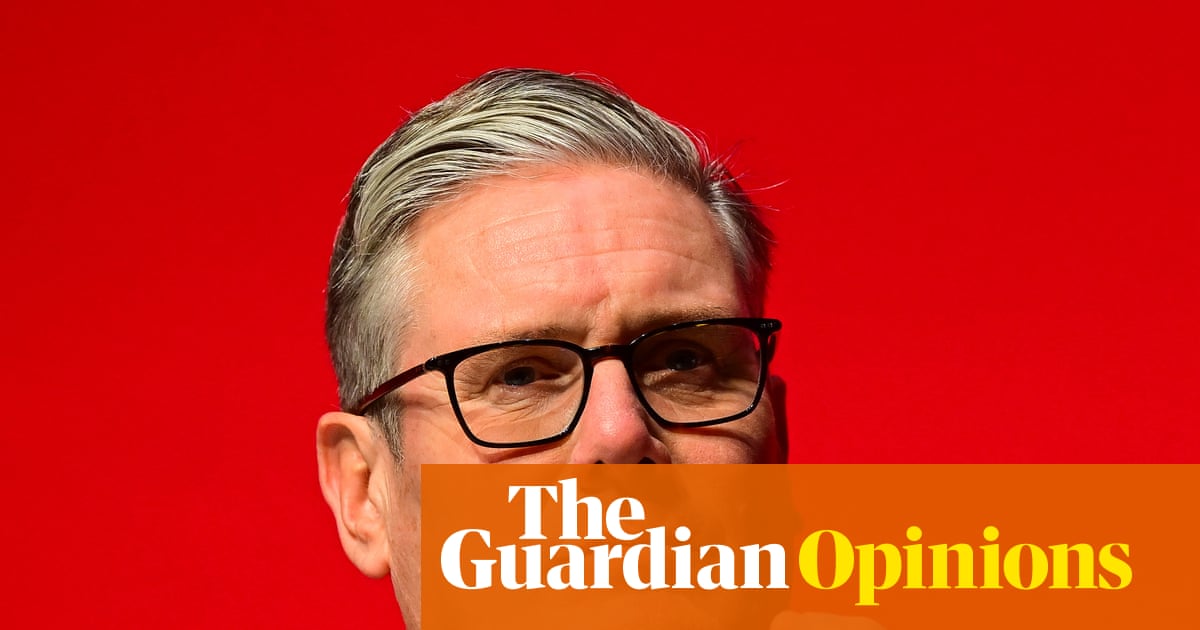
"The past two decades in the UK have been dominated by crisis. The 2008 financial crash changed everything, but aside from a bit of dinner party embarrassment, elites carried on as if nothing had happened. For workers, however, it was a different story. And so it almost doesn't matter what Keir Starmer says in his speech to the Labour party conference on Tuesday. His government still has not grasped the real problems faced by ordinary British people, and that is why Labour is crashing"
"Between 1945 and 2008 in the UK, real increases in average wages were the norm. But after the crash, they stopped rising. If wages had grown to this day as they did prior to 2008, the average worker would be 11,000 a year better off. As if falling wages weren't bad enough, British people were then clobbered by austerity. Between 2010 and 2019, public services were butchered; the 4% real terms cut in spending was unprecedented."
"The effects of austerity are still being felt to this day: councils have sold off 2.9bn of public assets in the past two years alone, including sports clubs and day centres. Then came Covid. When politicians took to the airwaves and implored essential workers to come to the aid of the country, they promised that things would be different on the other side that they would be rewarded with more than banging pots. Nothing could have been further from the truth."
The past two decades in the UK have been dominated by crisis, beginning with the 2008 financial crash that halted real wage growth for ordinary workers. If pre-2008 wage growth had continued, the average worker would be about 11,000 a year better off. Austerity from 2010 to 2019 cut public spending by about 4% in real terms, forcing councils to sell 2.9bn of assets recently. Covid saw essential workers urged to help with promises of better rewards, yet wages stagnated while prices for food and energy surged. Since 2021 Tesco has paid 12.4bn to shareholders and top energy companies recorded more than 30bn profits in 2024.
Read at www.theguardian.com
Unable to calculate read time
Collection
[
|
...
]